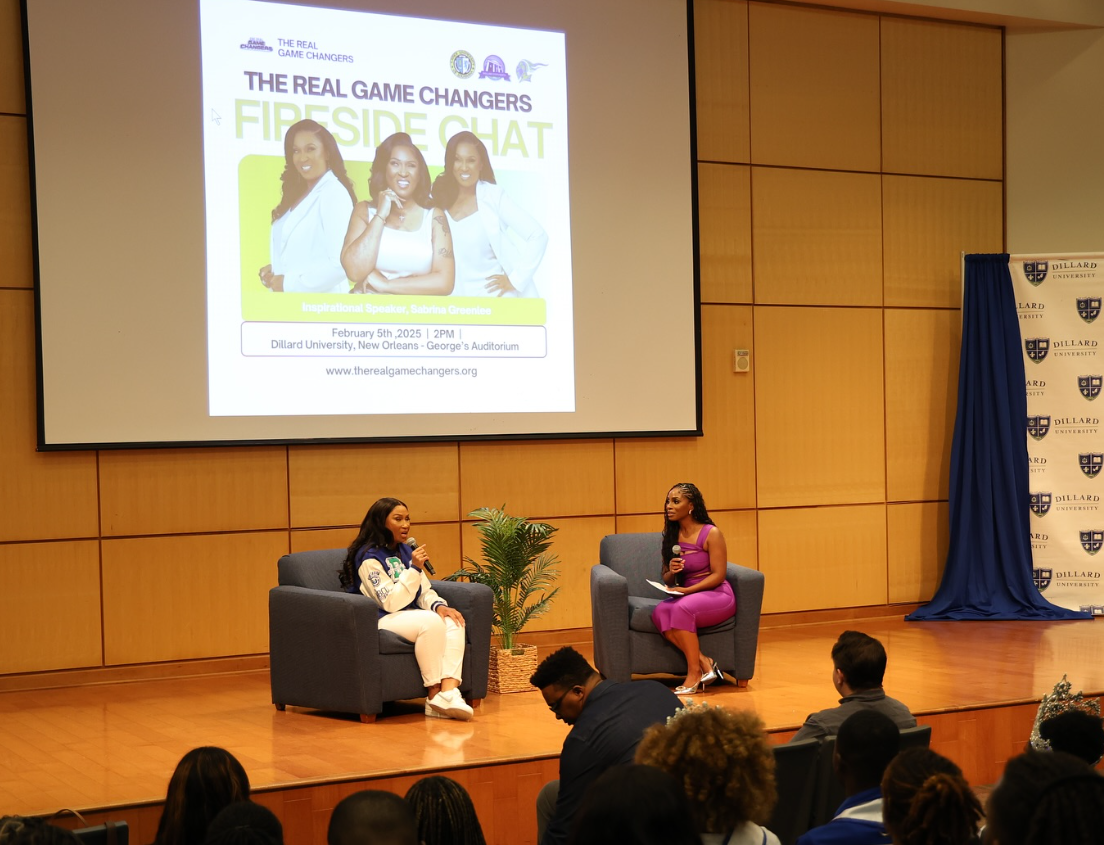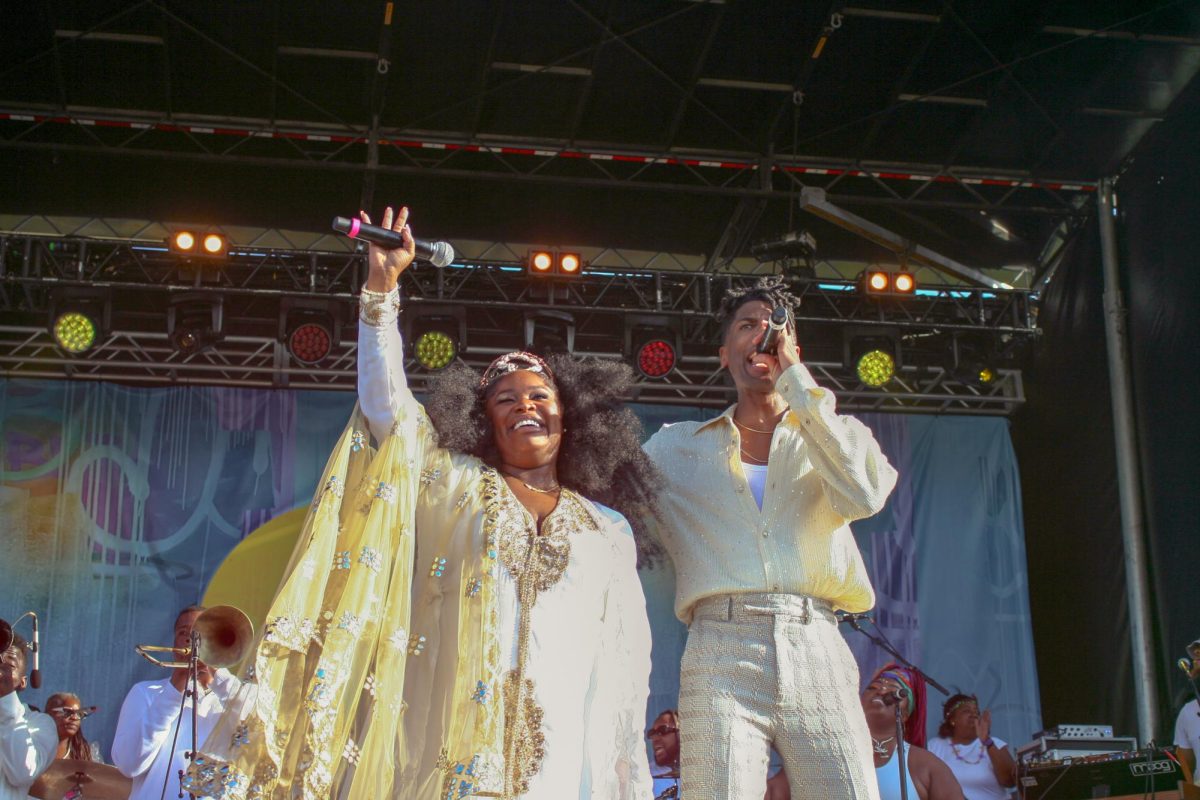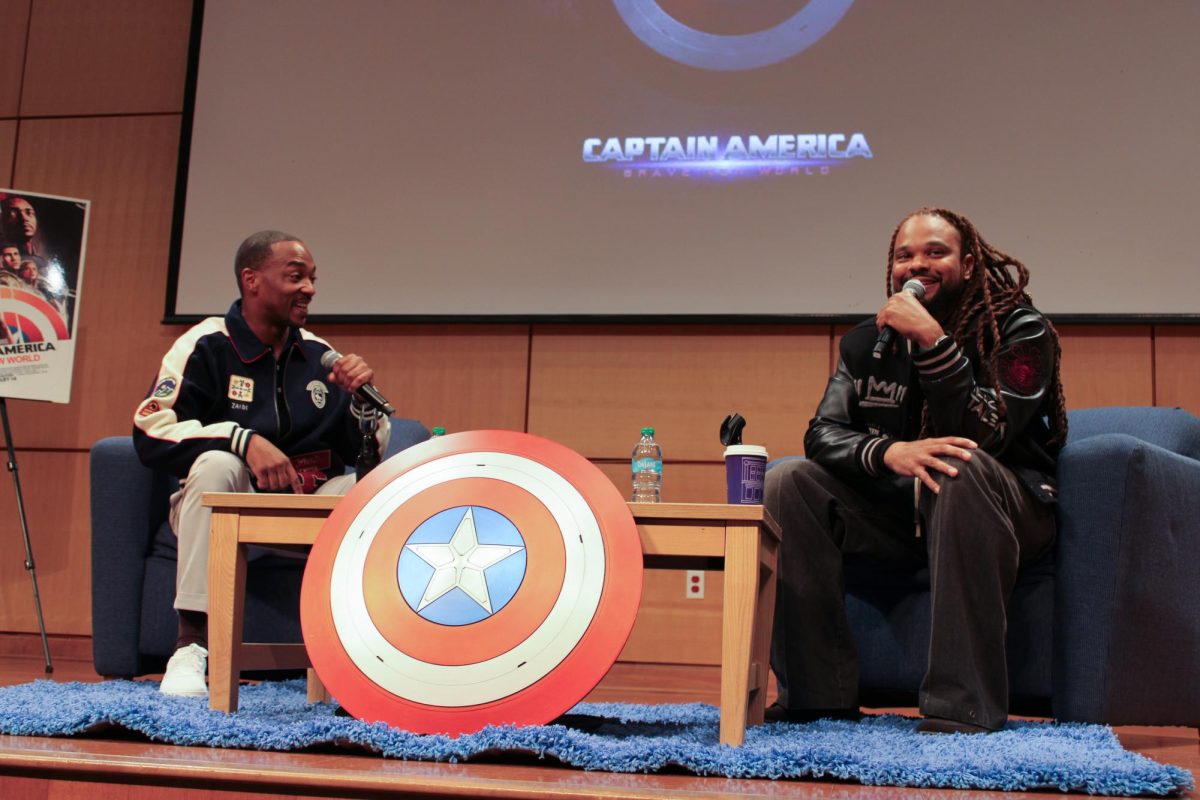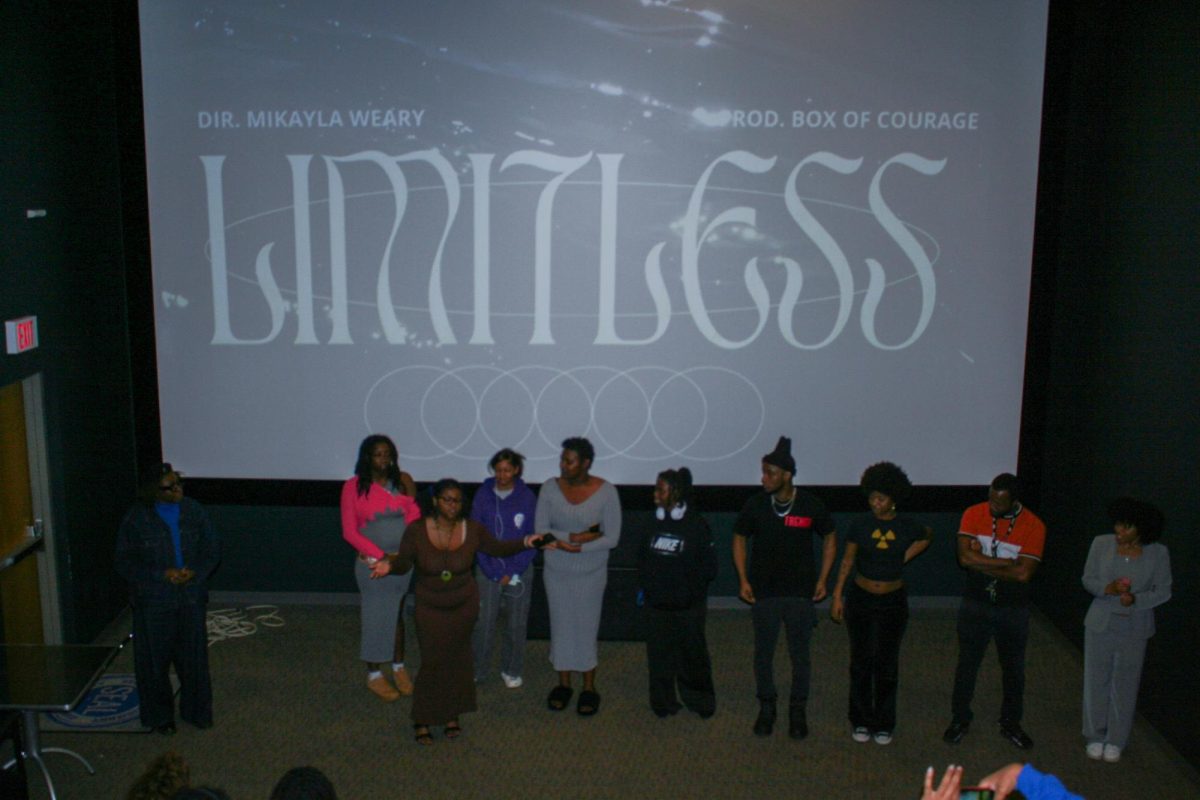With the firing of Don Imus for using offensive language toward Black female athletes, the rap industry has been placed under a microscope for its misogynistic lyrics. However, some think another lyrical message should be visited, the one that tells people not to snitch.
Snitch, rat, sell-out…these words formally referred to inmates who exposed their fellow inmates in an effort to get their own sentence lessened. Now, however, the phrase “no snitching” has become a moral code that rappers promote through lyrics and inner-city dwellers live by as a means for survival and acceptance. As a result, a number of rapists, murderers, and drug-dealers are never brought to justice.
“Snitch” now refers to anyone who has witnessed a crime or someone who may have information that can help an investigation and comes forward with that information or simply anyone who speaks to the police said Anderson Cooper, host of the CNN show 360. However, because of the negative connotation around the word snitch a lot of eyewitnesses do not come forward. Most believe that they are breaking some kind of moral code that says it is simply wrong to snitch. Others avoid coming forward because of distrust in police and the legal system, a belief that their lives will be at stake, and most importantly, a fear of losing their street credibility and friendships.
In fact, rapper Lil’ Kim recently served a year and a day in prison and was fined $50,000 for lying to a federal grand jury to protect friends involved in a shootout outside a Manhattan radio station. But she is only among a number of rappers who have refused to “sell-out.” Rapper Cam’ron said, during an interview with Anderson Cooper, that if he would have told the police the name of the person who shot him during an alleged car-jacking, he would no longer have the respect of the streets and no one would come to his concerts or buy his albums. He said it is “a code of ethics” and he would not even call police if he was aware that a serial killer lived next door to him; he would just move. But, he was sure to add that his decision is also a business one and that people who are not in his line of work do not understand the reasoning behind it.
That is no one with the exception of inner-city dwellers, like Jason Alston, a junior political science major from New York. According to Alston, Cam’ron’s assumption is true. “It serves his credibility, Alston said. “He claims to be this thug and all this other stuff, but he’s snitching on people. No; people would not go to his show.”
Furthermore, Alston, like Cam’ron, agrees that snitching is never permitted, even in extreme cases. “It’s not what you do. It goes back to, I hate to say it, a hood mentality, that it’s a bad thing. You just don’t snitch no matter what the situation,” he said.
Unfortunately, Alston has witnessed the effects of this mentality first hand. “This guy shot this kid back home and everyone knew it. People saw it happen, but no one would say who did it, so he got off. It happens all the time where I’m from” he said.
He also said that the victims are often aware of this code. “It’s understood that you don’t snitch. You let the police figure it out on their own. Even the person who was shot understood that.”
This understanding is beyond the comprehension of some, who are not familiar with this lifestyle, which may be the reason Cam’ron later apologized saying: “Although I was a crime victim, I didn’t feel like I could cooperate with the police investigation. Where I come from, once word gets out that you’ve cooperated with the police, that only makes you a bigger target of criminal violence. That is a dark reality in so many neighborhoods like mine across America. I’m not saying its right, but its reality…”But my experience in no way justifies what I said. Looking back now, I can see how those comments could be viewed as offensive, especially to those who have suffered their own personal tragedies or to those who put their lives on the line to protect our citizens from crime…”
Although Cam’ron’s apology is justified to a number of people who took offense to his statements, one cannot help but wonder how this disclaimer will affect his sales. But someone with his business sense probably already knows the answer to that. Either way, it serves as a baby-step toward breaking the “no snitching code” The larger responsibility lies with the corporations who ultimately determine what is good for business according to Cooper.





























